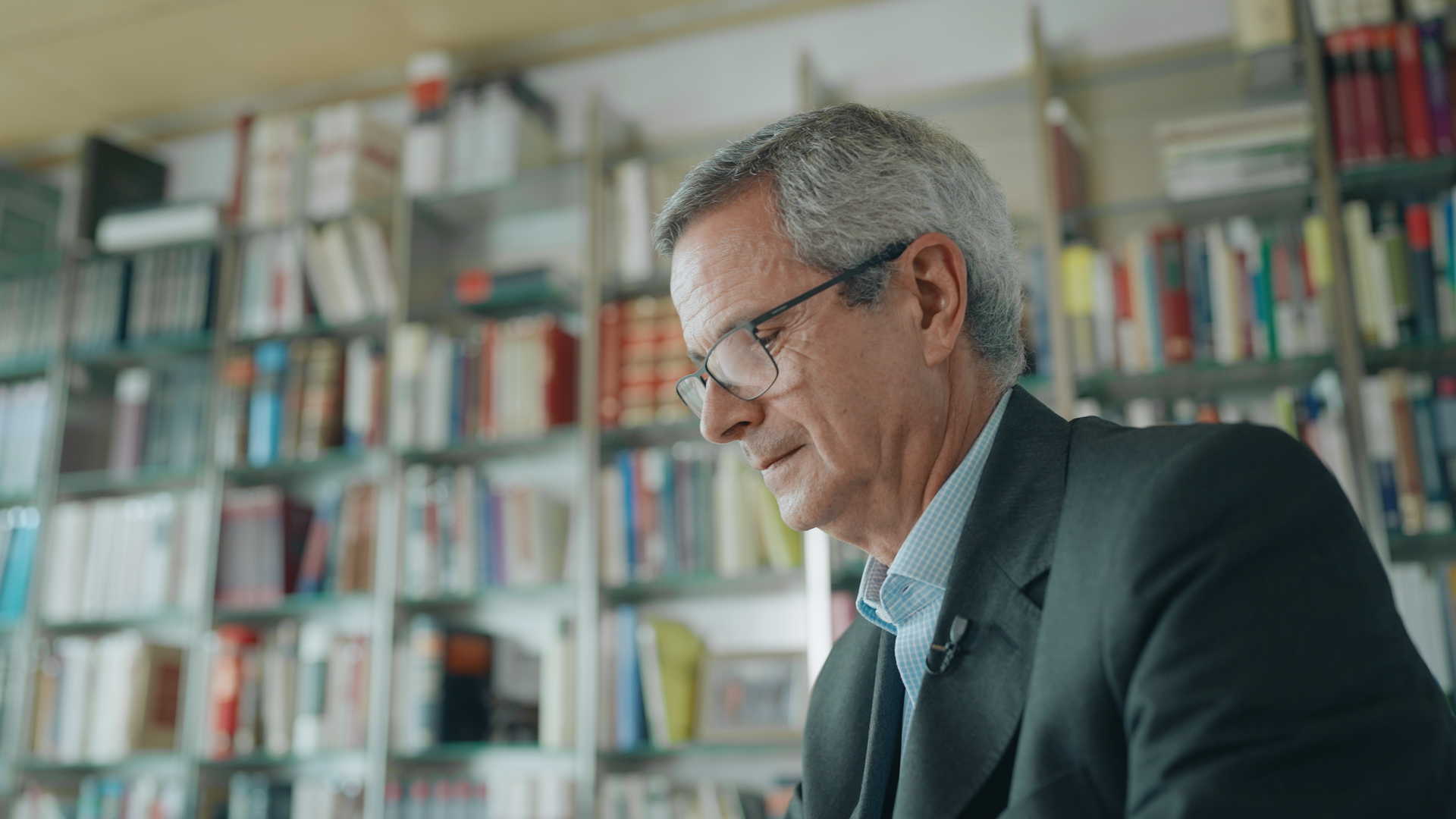TESTIMONIALS
Lucas Niklison
Short version (3 min.)
“Luis Valls set a model of life that has become part of our culture”
“Since the 1980s until today, Argentina has gone through more than eight financial crises, but none of them managed to break the institutions we work for,” says Lucas Niklison, an Argentine agronomist who has devoted most of his professional life to supporting philanthropic projects in his country.
Niklison states that Argentina’s harsh situation has seriously challenged the work of providing aid, education, and medical assistance they offer daily to hundreds of students and patients through their projects. Specifically, Lucas has dedicated himself professionally to promoting educational, welfare, and vocational training initiatives in Argentina, Uruguay, Paraguay, and Bolivia. He proudly shares that, after many years of hard work, they now have agricultural vocational training schools through the Marzano Foundation, a university—Austral University—and a hospital, the Austral University Hospital. Over the decades, Niklison has held various leadership positions, including as a board member of Austral University and secretary of the Marzano Foundation. He affirms that “thousands and thousands of people have benefited from this work.”
The Argentine engineer recalls having had the opportunity to spend time with Luis Valls and his collaborators from the foundations on several occasions. He says he learned how to finance social projects during those years, a legacy he insists remains alive today. Niklison also recalls, “He taught us another solid principle: you repay what you ask for,” distinguishing their approach from other foundations that provide non-repayable donations.
Lucas recognizes Luis Valls as “of integrity, honesty, and a deep sense of purpose.” He believes that the virtue that best defines him is charity and expresses his gratitude with heartfelt words: “Thank you, thank you, thank you—thank you so much for what he did and how he did it.” While acknowledging that financial support was critical, he insists that “it was secondary because the most important legacy is the culture he left us, which is now embedded in the institutions he supported.” Niklison concludes his account with a personal confession: “For me, he was a model of life.”


